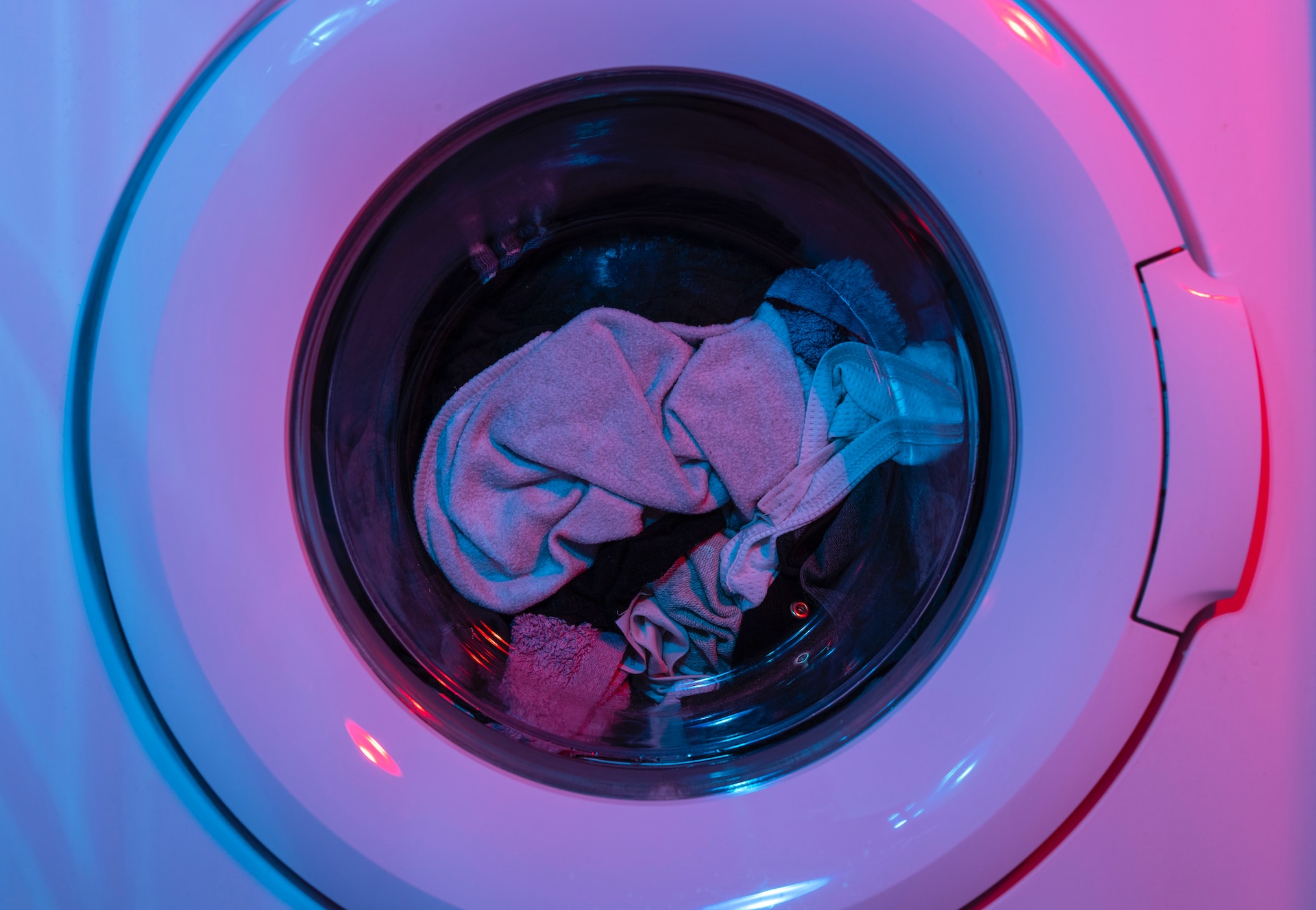Washing Machine Maintenance Tips 5 Practices to Remember
You’ve invested in a washing machine, so let’s keep it running smoothly! With the right care, you’ll extend its life and save money on repairs.
This article presents five simple, yet crucial, maintenance tips. You’ll learn how to clean your machine, why inspections are key, what preventive measures you can take, and how to handle common problems.
Let’s equip you with the knowledge you need to keep your machine in top shape.
Understanding Your Washing Machine
Before you can effectively maintain your washing machine, it’s crucial you understand its basic components and functions. Machine functions aren’t as complex as you might think. They’re often outlined in the user manual, offering insights into how your machine operates, from water intake and detergent dispersal to agitation and spin cycles.

Don’t ignore the user manual. It’s more than a boring booklet; it’s your guide to understanding and caring for your washing machine. From troubleshooting tips to maintenance advice, it’s packed with valuable information.
Regular Cleaning Regimen
Now that you’re familiar with your washing machine’s functions, a regular cleaning regimen is the next step to ensuring its long-term efficiency and performance. Your detergent choice plays a crucial role in this. Opt for a washing detergent that effectively cleans without leaving residue. Over time, residue can build up, affecting your machine’s performance.
Fabric softener usage also requires caution. Overuse can lead to build-up on the drum’s walls, hindering your machine’s efficiency. Aim to use just the right amount as indicated by the manufacturer.
Importance of Regular Inspection
Every few months, it’s essential that you conduct a thorough inspection of your washing machine to catch any potential issues early on. You might be surprised at the substantial inspection benefits you’ll reap. Regular checks can extend the life of your machine, save you money on expensive repairs, and ensure your clothes are cleaned efficiently.

Inspection frequency is crucial. Don’t wait until you notice a problem. Proactive inspections help you spot minor issues before they become big, costly problems. You don’t need to be an expert. Look for leaks, listen for unusual noises, and check for excess shaking during operation.
Regular inspections are a simple yet vital part of maintaining your washing machine’s performance and longevity.
Preventive Measures for Longevity
Continuing your regular inspections, taking preventive measures can significantly boost your washing machine’s longevity and efficiency.
Firstly, consider load balancing. Overloading can lead to drum damage, while underloading wastes energy and water. So, it’s important to balance your loads for optimal performance.
Secondly, keep an eye on water quality. Hard water containing high mineral content can cause build-up and hinder your machine’s operation. You’ll find water softeners on the market to tackle this issue.
Remember, preventive measures aren’t just about addressing issues when they occur, but about stopping them before they start. By paying attention to load balancing and water quality, you’ll ensure your washing machine serves you efficiently for many years.
Maintain it well, and it’ll take care of your laundry in return.
Dealing With Common Problems

When you’re faced with common washing machine issues, there are several practical steps you can take to troubleshoot and resolve them yourself. Problem diagnosis is your first call to action. Is it refusing to spin, or maybe it’s leaking? Identifying the issue helps in determining the appropriate repair techniques.
For instance, if your machine isn’t spinning, it could be due to a worn out drive belt. In such a case, you’d need to replace it. If it’s a leak, check the hoses for any disconnections or cracks. Sometimes, the problem might be as simple as an overloaded machine, so always ensure you’re not overfilling it.
Frequently Asked Questions
What Are Some Eco-Friendly Cleaning Products I Can Use for My Washing Machine?
You can use eco-friendly products like vinegar, baking soda, or lemon juice. These natural detergents effectively clean your washing machine. Also, consider homemade cleaners, they’re eco-friendly and easy to use.
How Often Should I Replace the Hoses of My Washing Machine?
You should replace your washing machine hoses every 3-5 years. It’s crucial to select durable hose material for longevity. Remember, preventive maintenance is key to avoiding unexpected breakdowns or costly repairs.
Can I Use My Washing Machine if One of Its Parts Is Slightly Damaged?
You shouldn’t use your washing machine if a part’s damaged, even slightly. Damaged parts impact its functionality and may pose safety risks. Always take necessary precautions and repair or replace the damaged part first.

What Are Some Signs That My Washing Machine Needs Professional Repair?
Signs your washing machine needs professional repair include excessive noise indications, detergent effects like residue on clothes, leaks, or erratic cycles. Don’t ignore these issues; they could lead to more serious damage.
How Can I Make My Washing Machine More Energy-Efficient?
To make your washing machine more energy-efficient, focus on load optimization and spin speed adjustment. Don’t overload it; wash full loads. Adjust the spin speed based on clothing types to save energy.
Conclusion
So, remember, getting to know your washing machine, sticking to a regular cleaning schedule, conducting routine inspections, taking preventive measures, and handling common problems promptly, can all extend your machine’s lifespan.
These five simple practices can save you money and spare you headaches down the line. It’s not just about keeping your clothes clean, it’s about keeping your washing machine running smoothly, too.
Try these tips and see the difference!
